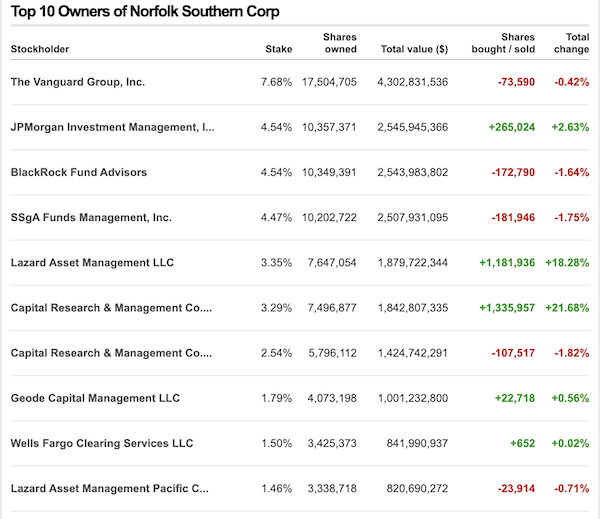NYTimes | For most of the Palestinians under Israeli control — those in the West Bank and Gaza Strip—Israel is not a democracy. It’s not a democracy because Palestinians in the Occupied Territories can’t vote for the government that dominates their lives. When Mr. Gantz sends Israeli troops to shut down their human rights groups, West Bank Palestinians can’t punish him at the ballot box. They can complain to the Palestinian Authority. But the P.A. is a subcontractor, not a state. Like other Palestinians, its officials need Israeli permission even to leave the West Bank. In Gaza, too, Israel determines, with help from Egypt, which people and products enter and exit. And Gaza’s residents, who live in what Human Rights Watch calls “an open-air prison,” can’t vote out the Israeli officials who hold the key.
This lack of democratic rights helps explain why Palestinians are less motivated than Israeli Jews to defend Israel’s Supreme Court. As the Israeli law professors David Kretzmer and Yael Ronen note in their book, “The Occupation of Justice,” “in almost all of its judgments relating to the Occupied Territories, especially those dealing with questions of principle, the Court has decided in favor of the authorities.” Enfeebling the court would undermine legal protections that Israeli Jews take for granted but most Palestinians did not enjoy in the first place.
To be fair, roughly 20 percent of the Palestinians under Israeli control enjoy Israeli citizenship and the right to vote in Israeli elections. Yet it is often these Palestinians who protest most vociferously against Israel’s democratic credentials. In 2009 the Palestinian Knesset member Ahmad Tibi quipped that Israel was indeed “Jewish and democratic: Democratic toward Jews and Jewish toward Arabs.” To many liberal Zionists, that might sound churlish. After all, Mr. Tibi has now served in Israel’s Parliament for almost 25 years. But he understands that the Jewish state contains a deep structure that systematically denies Palestinians legal equality, whether they are citizens or not.
Consider how Israel allocates land. Most of the land inside Israel proper was seized from Palestinians during Israel’s war of independence in the late 1940s, when more than half the Palestinian population was expelled or fled in fear. By the early 1950s, the Israeli government controlled more than 90 percent of Israel’s land. It still does. The government distributes that land for development and leases it to citizens through the Israel Land Authority. Almost half the seats on its governing council are reserved for the Jewish National Fund, whose mission is “strengthening the bond between the Jewish people and its homeland.”
This helps explain why Palestinians comprise more than 20 percent of Israel’s citizens but Palestinian municipalities, according to a 2017 report by a variety of Palestinian and Israeli human rights groups, encompass less than 3 percent of Israel’s land. In 2003, an Israeli government commission found that “many Arab towns and villages were surrounded by land designated for purposes such as security zones, Jewish regional councils, national parks and nature reserves or highways, which prevent or impede the possibility of their expansion.” Unable to gain permission, many Palestinian citizens build homes illegally — which are therefore subject to government demolition. Ninety-seven percent of the demolition orders in Israel proper between 2012 and 2014, according to the 2017 report, were against Palestinians.
This isn’t an accident. It’s the logical outgrowth of Israel’s self-definition. Israel is not a “state for all its citizens,” a concept Mr. Lapid said in 2019 that he has opposed “my entire life.” In 2018, when several Palestinian lawmakers introduced legislation “to anchor in constitutional law the principle of equal citizenship,” the Knesset’s speaker ruled that it could not even be discussed because it would “gnaw at the foundations of the state.” That same year, the Knesset passed legislation reaffirming Israel’s identity as the “nation-state of the Jewish people,” which means that the country belongs to Jews like me, who don’t live there, but not to the Palestinians who live under its control, even the lucky few who hold Israeli citizenship. All this happened before Mr. Netanyahu’s new government took power. This is the vibrant liberal democracy that liberal Zionists want to save.
Some Jews may worry that by advocating genuine liberal democracy — and thus exposing themselves to accusations of anti-Zionism — Mr. Netanyahu’s critics will marginalize themselves. But if they widen their vision they’ll see that the opposite is true. By including Palestinians as full partners, Israel’s democracy movement will discover a vast reservoir of new allies and develop a far clearer moral voice. Ultimately, a movement premised on ethnocracy cannot successfully defend the rule of law. Only a movement for equality can.


